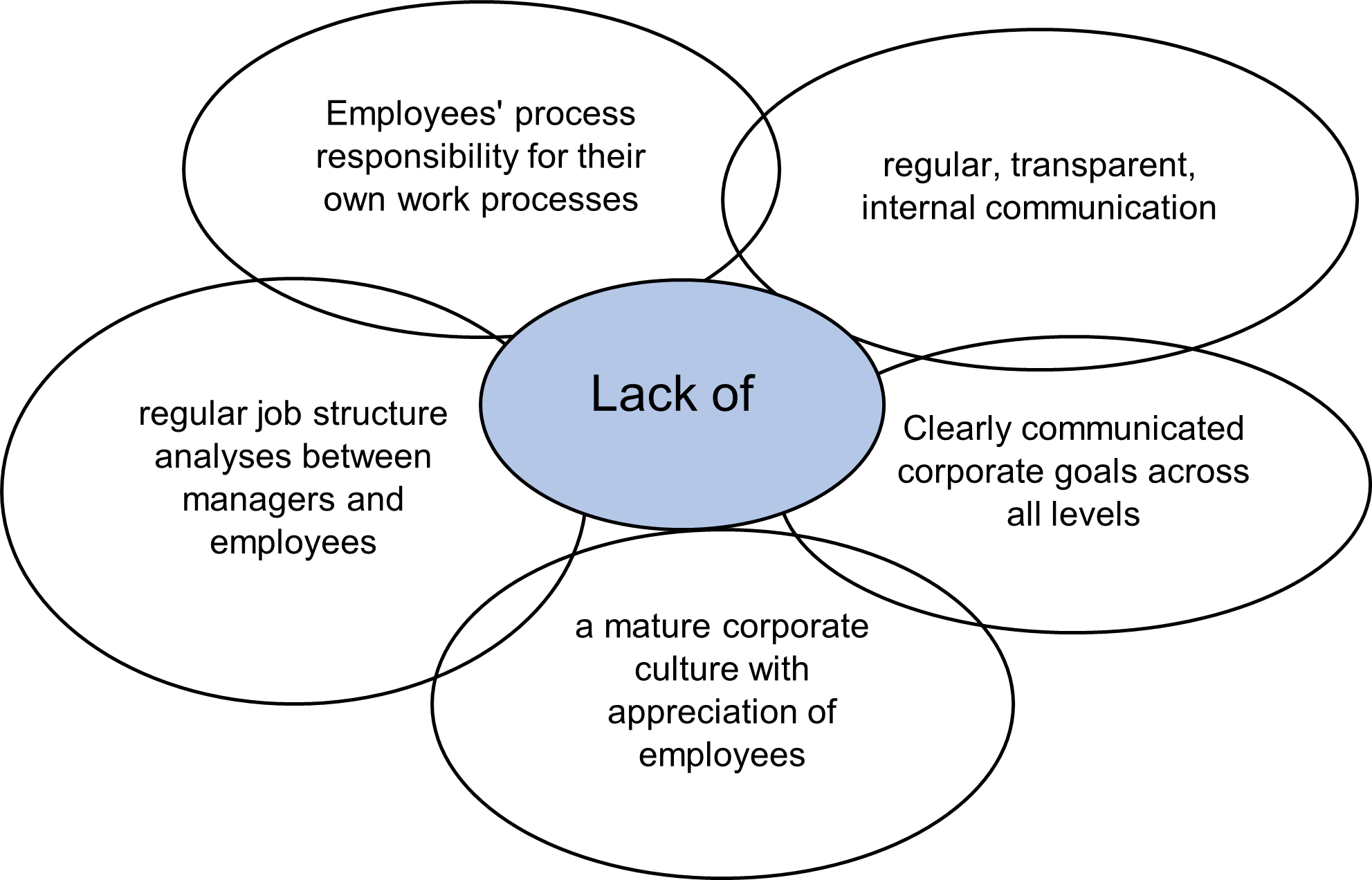Overtime as an indicator of inefficient company processes?
If one enters the term "overtime" into current search engines, hundreds of papers and statements on the subject of overtime and the law appear, but one hardly finds any considerations that deal with the effect of overtime on the company and its employees, or even relate overtime to process efficiency.
In the following, I will consider "overtime"/"extra work" as any form of work that goes beyond what is planned and calculated by the company. I therefore take the range of 8-9 hours as the default for "normal working time", regardless of whether people are also capable of more and where this consideration limit comes from in the first place. Thus, however, all unregistered "overtime" ultimately also falls into the area of "overtime", because it deceives about "actually occurring" work and thus leads to inefficient processes and unnecessary burdens on employees through a lack of transparency.
The reasons why overtime occurs in companies are certainly very diverse and must be considered in a differentiated manner regarding their frequency of occurrence. Often, entrepreneurs tend to cite "the shortage of skilled workers" or "sudden events", while employees usually cite "additional workload", illness and vacation of colleagues, or "sudden work orders from managers". I would like to exclude a large customer order, a current project, or other temporary (short-term) situations from my consideration, since the occurrence of overtime will be reduced again in the foreseeable future, i.e., a "one-time event" is in the foreground.
If, however, overtime becomes the norm for employees over a period of weeks or months, then a more intensive and detailed look into the process world of the employees should be taken. Constantly occurring "sudden events", permanent "lack of substitutes" (vacation, illness), always "current projects" or often "large customer orders", suggest a weakness in the process landscape of the company. A high level of sick leave, high employee turnover, a lack of transparent internal communication and regular overtime should also prompt managers to act as quickly as possible.
If entrepreneurs, executives and employees have the Parkinson model (that "work expands in exactly the same measure as time is available for its completion") in mind, a detailed process observation must take place even more, in order to distinguish possible blind performance from goal-oriented action, in the sense of the enterprise. (cf. Cyril Parkinson 1957 and more recent studies). If one believes estimates and statistics, then 30-40% of the work achievements (depending upon production or administration) are not value-added, thus not aligned to the enterprise goals and require an exact analysis. In this context, "overtime and extra work" then appear extremely disconcerting, and the question arises as to how to consistently deal with the causes.
On the one hand, a high proportion of the daily workload is not value-adding anyway, and on top of that, overtime and extra work are created on the other hand, which virtually cries out for analysis and optimization!?
The most frequent causes for regular overtime performance from the practice of an analyst regarded, without valuation:
- Lack of process responsibility of employees for their own work processes
- Lack of regular and transparent internal communication
- Lack of regular activity structure analysis between managers and employees
- Lack of clearly communicated corporate goals across all levels
- Little developed management culture in terms of appreciation of employees and trust in employees' work

Those who regularly build up overtime in their company not only run the risk of senselessly wearing out their employees, but also place their company on an extremely unstable basis, which can collapse like a house of cards in the event of external disruptions or changes in general conditions. An accumulation of overtime over a longer period can be seen as a lack of process efficiency in the company and should be analysed and corrected as soon as possible, so that not yet another company is born as a "process zombie".
Lean komplett, Bernd Kühme Feb 2021
(Translated with www.DeepL.com/Translator (free version))



